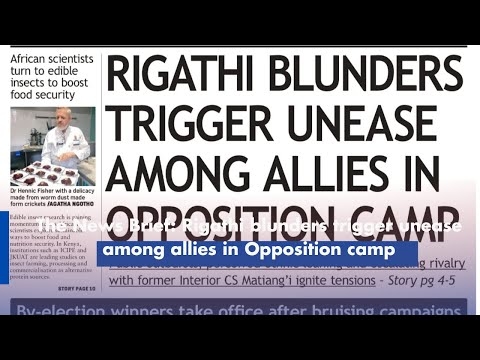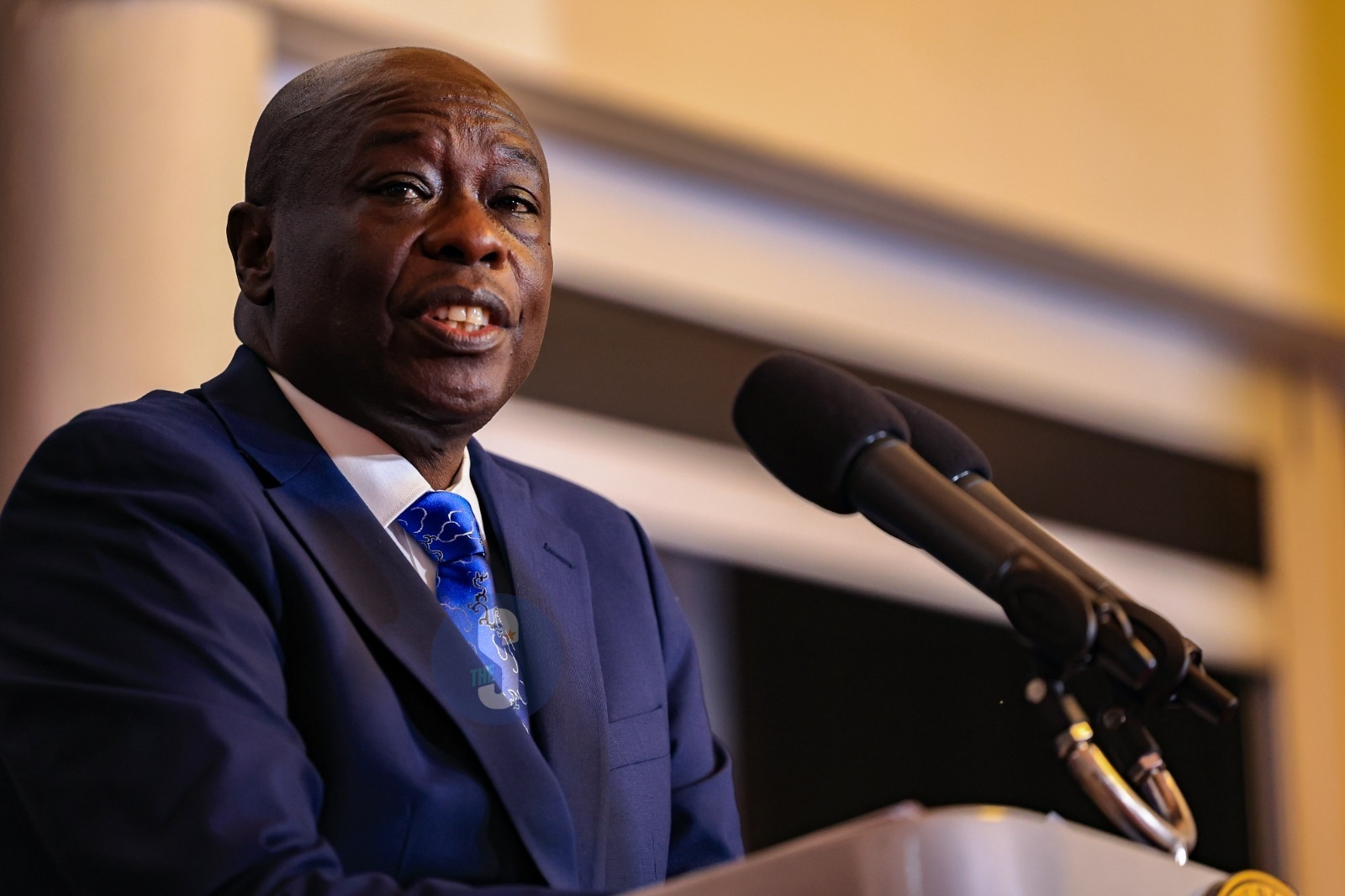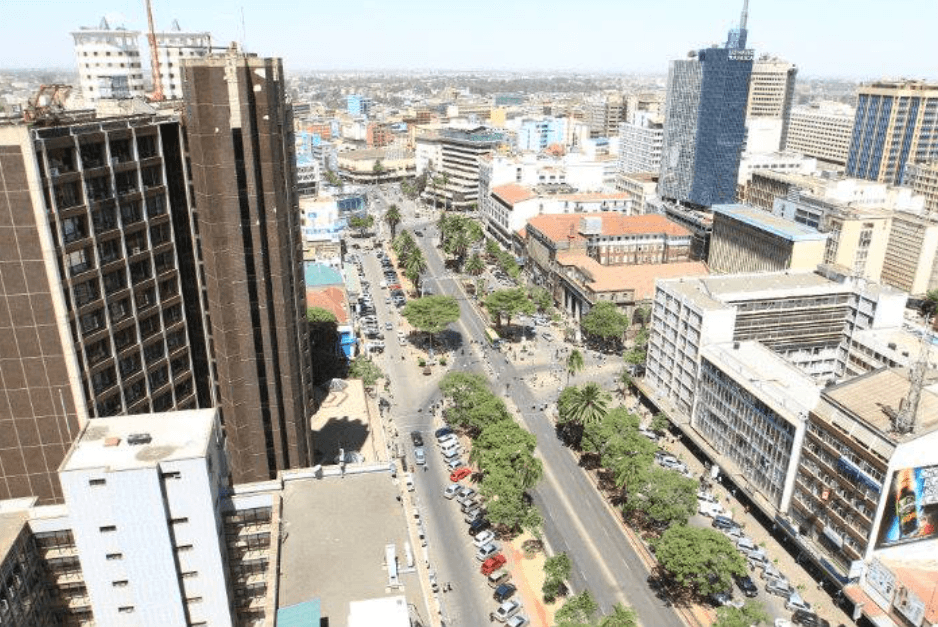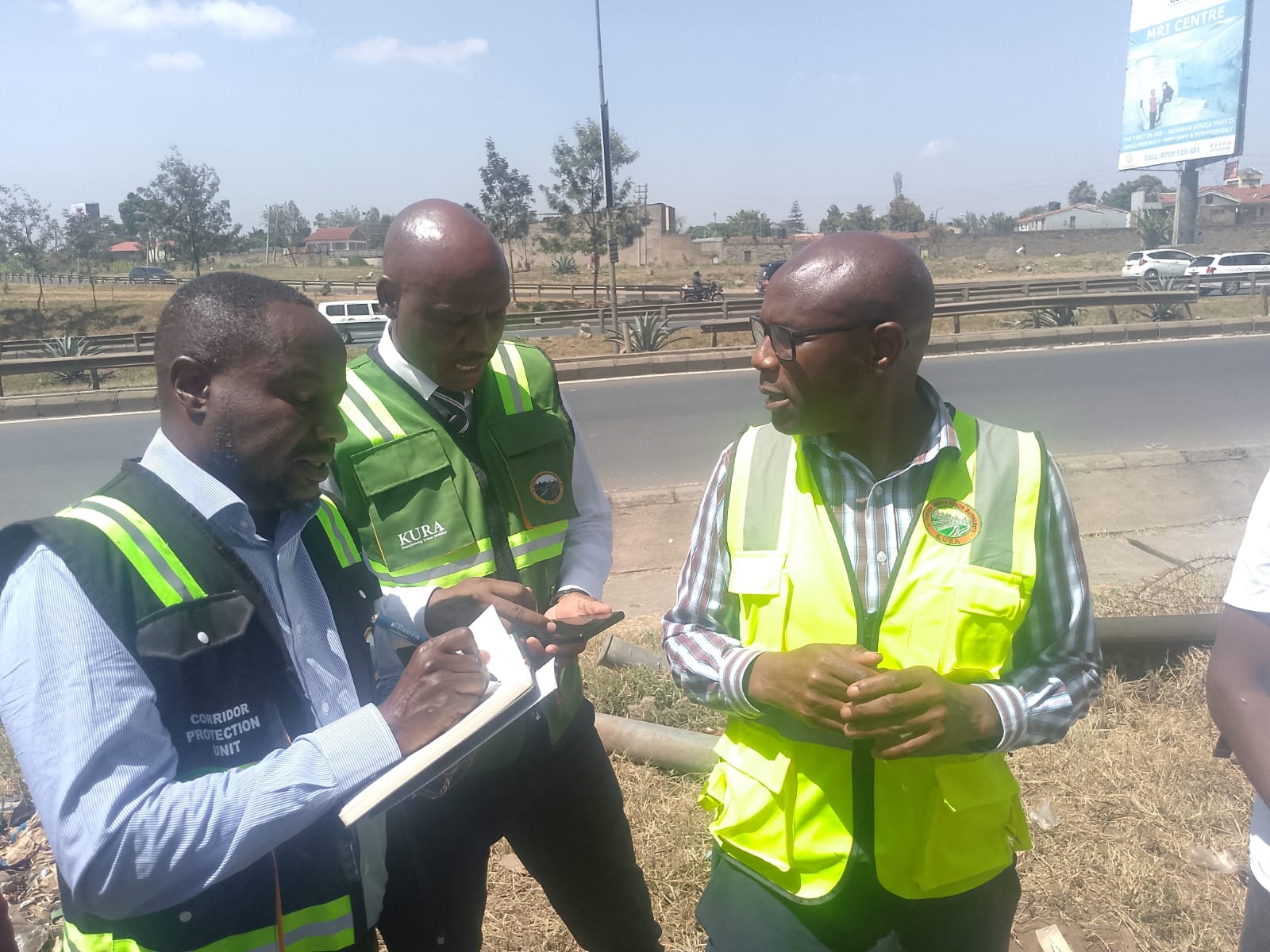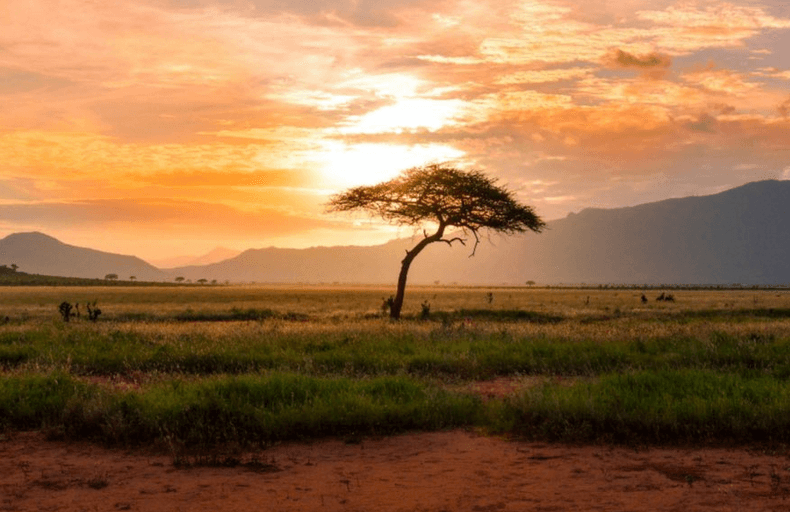Kirinyaga governor Anne Waiguru was on Thursday put to task to explain how a water firm lost revenue amounting to more than Sh470.6 million.
Appearing before the Senate’s County Public Investment and Special Funds Committee, Waiguru was asked to justify how Kirinyaga Water and Sanitation Company lost the revenue.
The lawmakers, who questioned the governor on the company’s audit queries for 2020-21, the senators claimed the losses border on graft and accused the firm’s bosses of management.
“It will be very deceptive. This is purely been a management issue. Managing Director, you have a problem,” Migori Senator Eddy Oketch said.
However, Kiriwasco is an independent body, as stipulated in the Water Act 2016, with its own board and it is currently not under the county government of Kirinyaga.
In the audit report by Auditor General Nancy Gathungu for 2020-21, the water firm produced 6.72 million cubic meters of water.
However, only 2.70 million cubic meters were billed to customers at a cost of Sh150.8 million.
The report states that the balance of 4.02 million cubic meters of water which is approximately 60 per cent of the total production is unaccounted for water which is way above the sector's recommended limit of 25 per cent.
Water Services Regulatory Board (WASREB) guidelines the loss is 35 per cent above the allowable loss of 25 per cent.
This resulted in the loss of sales estimated at a cost of Sh470.6 million.
“In the circumstances, the revenue loss may have adversely affected the company’s profitability for the year,” reads part of the audit report.
In her response before Senator Godfrey Osotsi-led committee, Waiguru said that non-revenue water was caused by both physical and commercial losses.
Waiguru charged that physical losses for KIRWASCO are caused by dilapidated infrastructure that has caused high operational costs in the repair of bursts and leaks of water.
She further said that for instance Githioro water supply system was constructed in 1940, with a design population of 2500 people.
“The company developed a non-revenue water reduction plan which has been implemented in the financial year 2020/2021. The company has shifted from Upvc pipes to HDPE pipes. This is because HDPE pipes are more durable and elastic than Upvc pipes,” Waiguru said.
However, the committee members were not convinced by the response, saying that it is non-revenue water and that officials of the water company embezzle the funds.
Karungo Wa Thang’wa (Kiambu) charged that officials of the water company could be embezzling funds through non-revenue water.
“This is where they make money. This is where they embezzle. How does the design of 1940 of Beyond its capacity-2500 yet now serving 12,000 affect water revenue?” posed Thang’wa.
Senator Oketch put the blame on both the governor and the water utility firm's Managing Director Ephantus Maina, citing that the issue is purely a management issue.
But Waiguru defended herself and the management of the company asking the committee to give her team more time to replace the old line and reduce the non-revenue water.
“The company through Tana Water Works Development Agency has procured two ultrasonic flow meters which are helping in detecting areas of water loss. We have introduced metering of production units which has improved accuracy in water production and meter reading,” said Waiguru.
The audit report also stated that the company has been operating without an approved water tariff structure from Wasreb with effect from the 2019-2020 financial year upon expiry and which have to date not been renewed.
“In the circumstances, the non-updating of water tariffs results to lower revenue streams in addition to the lower customer deposits which may be inadequate to cover unpaid bills in case of default,” reads part of the audit report.
However, Governor Waiguru told the Senators that the company-initiated process of tariff renewal application in 2018 and that the new water tariffs were gazetted in early February.



